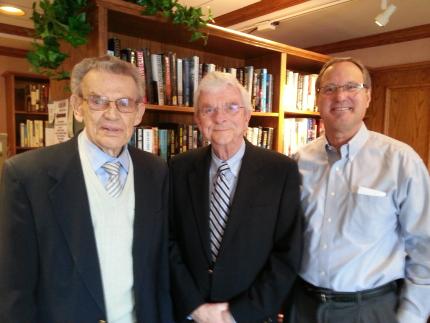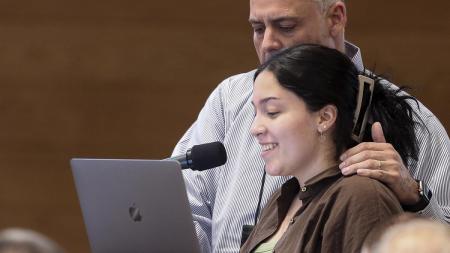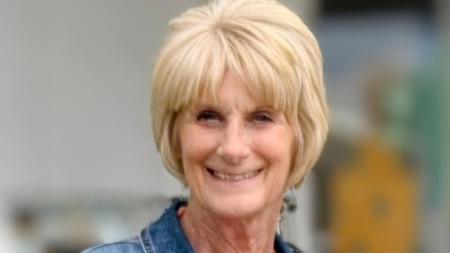Having Lunch with Two Humble Servants

Clarence Vos, John Primus and David Koll
In my role of coordinating the pastoral ordination discussion and practices of the Christian Reformed Church, I recently read through a synodical report on ordination submitted to Synod 1972 and re-submitted to Synod 1973.
The report is called “Report 44,” and was authored by seven gifted, godly men. (Not many women were appointed to synodical study committees in those days.)
As I read this 41 year old report, I found that the words were still relevant and alive for the ordination discussions of our day. Although it was not the focus of this study committee, the report produced ended up having a formative impact on our denominational view of ordination, and planted seeds that eventually grew into the recognition of the office of commissioned pastor, which is now a highly used office — and will be a topic of discussion at this year’s Synod 2015.
The report also gave significant definition to the servant role of pastoral office, which has historically been neglected at different points of the history of the church.
As I looked at the membership of the committee, listed at the end of the report, I smiled. I contemplated the joy it would be to talk with these teachers and church servants.
I knew that many had gone to glory, but was able to find contact information for the two living members. Both are living at the Raybrook retirement facility in Grand Rapids. I called each of them, invited them to lunch, and was thrilled that they readily accepted.
Now, 41-one years later, John Primus is 83 years old, and has a grandson teaching history at a local Christian high school. John recently served as guest lecturer for his grandson’s class, teaching on the topic of what it means to be Reformed.
Clarence Vos, now 94, spoke with lively voice about the need for the Christian Reformed Church to reframe its historic confessions. “They are way too Dutch in reference,” he said, “and they fail to connect ... with persons from outside of a western European culture.”
Clarence said he has an article percolating in his computer on this topic. He wonders if the church can re-state our Reformed convictions in a more contemporary, multi-culturally relevant way. I got the idea that he would gladly serve on a new study committee with this assignment, and that he would make a very helpful contribution to such a project.
As we met for lunch, I thought about how at the heart of Report 44 was the concept of “servanthood” — embodied in the hearts of these men and the others who served on the committee.
In a purposeful correction to a Christian Reformed culture that had come to refer to their pastors as “Dominee,” (Latin for “of the Lord,” but eventually used to indicate power and authority) this committee exposited the biblical and historical rationale for service as a major theme of pastoral leadership.
When Synod 1972 received the report, they sent it back to the committee asking for more developed thoughts about pastoral authority. The committee dutifully reviewed this theme, offered a new section in their report that expressed their findings, but came back with the same principles and recommendations.
I asked the two men whether the committee was divided or lively in their discussion on these matters. They said they were amazed at the unity and the agreement of the committee, remembering it as one of the most encouraging and peaceful committees they had ever served on.
My lunch conversation with these two men was more encouraging than I could have imagined. I came away inspired by their quiet faith, their humble, “servant” hearts, and their continuing convictions.
They honored me by giving two hours of their time, by showing an interest in my ministry assignment, and by showing a deep commitment to the Lord in whom we trust.


